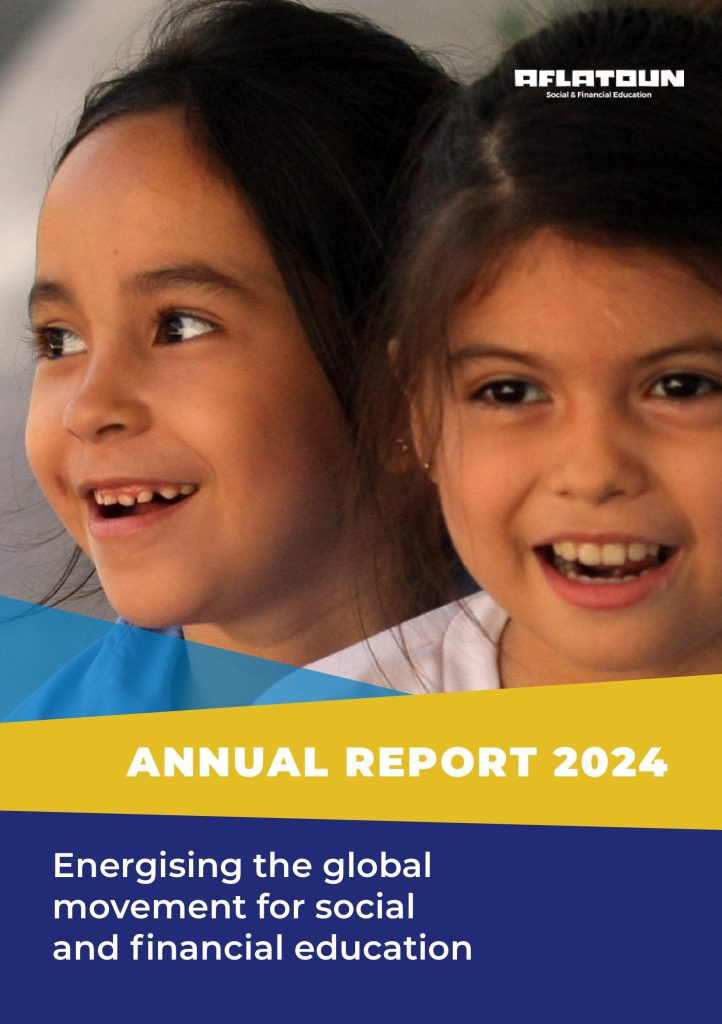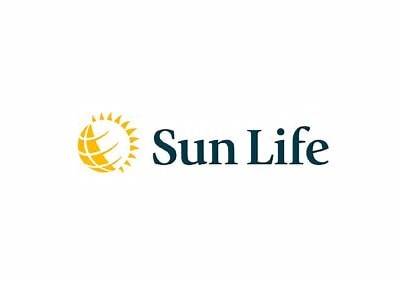
Sreelakshmi P.R
Education Specialist
A personal realisation…
A few years ago, I never really thought much about climate change. Sure, I knew it was happening somewhere out there, but it felt like one of those distant problems that scientists and politicians would eventually solve. That all eventually started to change with the back-to-back floods in my city/state (in fact, in most places), the horrifying landslides, the extreme summers, and so on. I come from a state where we have monsoons for almost six months (on and off), and I don’t remember us panicking so much about floods, waterlogging, or the chain of disasters we’ve witnessed lately.
I used to enjoy the monsoon, setting aside the laziness I felt when having to go to school/college or just stepping out, rather. I preferred sitting at home, sipping tea or reading books. But now, monsoons are a nightmare for us (I’m sure for most of us). I see climate vloggers on X and other social media platforms busy posting weather updates. I see people bracing for what will come during the monsoon. Even I started following these weather vloggers and forecasts religiously because last year, I was not ready for the monsoon, and it was a nightmare for me. (Climate anxiety is real!)
It’s not just monsoons- summers too are extreme now, and having an air conditioner is no longer a luxury but a necessity, running throughout the day (which, ironically, creates more damage). Again, this makes me think about how it used to be during my childhood or maybe a few years back. Yes, it used to be warm and humid and annoying, but our go-to solution was stepping outdoors, sitting under trees, consuming buttermilk (yes, I know this is hard to do these days as we don’t have many trees around us now, and you know where the problem lies).
My point is that I eventually came to realize that climate change wasn’t just an abstract concept, it was already affecting real people.
Recently, I decided to dive deeper into this topic by taking a course on climate change. I expected to learn some facts and figures, but what I got was a whole new perspective on how I live my life and how much more I can do to protect our planet. Here’s what I learned and how it’s changed the way I think about climate action.
Climate Literacy: Getting the basics right
Before taking the course, my understanding of climate change was pretty basic, I knew the polar ice caps were melting, wildfires were getting worse, and that carbon emissions were a big deal. But I didn’t know much about why all this was happening or what could be done to stop it.
The course broke down the science of climate change in a way that made sense. I learned about the greenhouse effect, the role of CO2 emissions, and why the Paris Agreement is so critical. I also finally understood why keeping global warming below 1.5°C is such a big deal. It turns out, that tiny fraction of a degree can make a huge difference in the kind of future we’re headed toward. I also came to know that there is something called Carbon Budget! ( and a lot more).
My Takeaway: The more we understand about climate change, the better decisions we can make. Knowledge is power, and it’s a lot easier to take action when you know what’s at stake.
Sustainable Practices: Small Changes, Big Impact
I used to think that living sustainably meant making big, hard-to-achieve lifestyle changes. Simple, everyday things we can do that add up to make a big difference, we don’t have to turn our lives upside down to be more eco-friendly.
We can start by looking at our habits: cutting down on single-use plastics, being mindful of our energy use at home, and opting for public transport whenever possible. ( Of course, most of us know this). The significance of switching to more plant-based meals (though I’m not ready to give up my favorite dishes just yet!). It was also great to learn that supporting local and sustainable brands can contribute to reducing your carbon footprint.
My Takeaway: Sustainable living doesn’t have to be perfect. It’s about making small, conscious choices that add up over time. Every bit helps, and it’s easier than I thought to start making a difference.
Using Our Voices: Advocacy for Change
One of the most inspiring parts of the course was realizing the power of advocacy. It’s not just about making changes in your own life, it’s about inspiring others to join in too. I’ve always been involved in education and training, but I hadn’t really considered how I could use those platforms to raise awareness about climate change.( which was the first motivation to write this blog).
I believe that as an educator, it’s my responsibility to incorporate this knowledge into the work that I do, whether it’s developing content or designing trainings and workshops. I’m glad that my work gives me the space to do this. I also believe that whether it’s through social media, community events, or even just conversations with friends, we all have a voice that can drive change. This awareness has made me more conscious of how I can influence others to care more about our planet. (right down to my four-year-old niece, who makes sure she doesn’t litter!).
My Takeaway: Don’t underestimate the power of your voice. If we all start talking about the need for climate action, we can create a ripple effect that leads to real change.
Exploring Green Solutions: Innovation for a Better Future
One of the coolest parts of the course was learning about all the innovative green solutions that are already out there. From renewable energy sources like solar and wind power to sustainable farming practices, it was inspiring to see how technology and creativity are coming together to fight climate change.
My Takeaway: Innovation is key. The solutions are out there, we just need to start using them in our professional and personal lives to make a real difference.
A shared responsibility
The biggest lesson I’ve learned is that climate change is not just an environmental issue; it’s a human one. It affects our health, our economies, and our communities. And while the problem is huge, the course reminded me that there’s hope. There are so many ways to make a difference, and it starts with each of us taking small, meaningful steps.
As I continue on this journey, I’m committed to making better choices, speaking up for sustainability, and integrating these insights into my work. We can’t afford to wait, climate action is something we all need to be a part of, right here, right now.
What you can do today?
- Learn: Take some time to understand the basics of climate change. Trust me, it’ll change the way you see the world.
- Act: Start small- cut down on plastic, conserve energy, and be mindful of what you buy.
- Advocate: Use your platforms, whether it’s social media or just talking with friends, to spread the word.
- Support: Choose to support businesses that prioritize sustainability.
- Inspire: Encourage your workplace or community to adopt greener practices.
Together, we can make a real difference. It all starts with a single step- let’s take it together!
Some of the resources/platforms that you may refer to/follow on this topic:
https://transitionnetwork.org/
https://carbon-calculator.climatehero.org/
https://offset.climateneutralnow.org/aboutoffsetting












